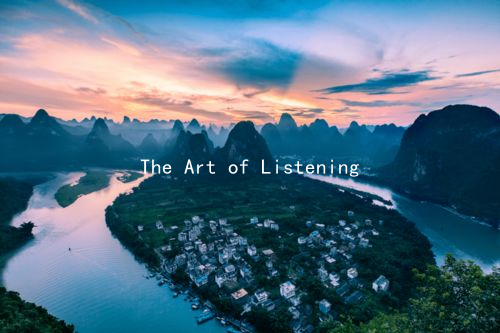Emotional Self-Expression: A Game Changer for Navigating Relationship Challenges
In today’s fast-paced world, navigating the complexities of romantic relationships can often feel overwhelming. One of the most significant challenges couples face is effective emotional self-expression. The ability to articulate feelings and needs not only strengthens connections but also plays a crucial role in overcoming conflicts. Here, we explore how emotional self-expression can transform relationship dynamics and provide practical strategies to enhance this skill.
At the heart of every successful relationship is clear and honest communication. Emotional self-expression involves sharing one’s feelings, thoughts, and desires openly and openly. This does not mean overwhelming your partner with emotions; rather, it is about conveying genuine feelings in a way that fosters understanding and empathy. When both partners feel safe to express themselves, it creates an environment of trust, where each individual can be vulnerable without fear of judgment.
One of the primary benefits of emotional self-expression is its ability to prevent misunderstandings. Frequently, conflicts arise not from the issues themselves but from ineffective communication. When feelings are bottled up or expressed in a vague manner, partners may misinterpret each other’s intentions. For instance, a partner feeling neglected might lash out or withdraw rather than articulating their need for more quality time together. By learning to express feelings more effectively, couples can address concerns before they escalate into larger issues.
To enhance emotional self-expression, consider adopting these strategies:
1. Practice Active Listening: Emotionally expressive communication is a two-way street. When engaging with your partner, make an effort to listen actively. This means not just hearing what they say but also understanding the emotions behind their words. Reflect back what you hear to ensure clarity and demonstrate that you value their feelings.
2. Use “I” Statements: When discussing feelings, framing your thoughts through “I” statements can reduce defensiveness. For instance, instead of saying, “You never listen to me,” try “I feel unheard when I share my thoughts.” This subtle shift in language encourages a more constructive dialogue.

3. Stay Calm and Composed: It’s easy to let emotions dictate your words, especially during heated moments. However, taking a deep breath and maintaining composure can help convey your feelings more clearly. Consider taking a moment to collect your thoughts before responding, ensuring that your message comes across as intended.
4. Identify Triggers: Understanding what triggers certain emotional responses can be immensely helpful. This self-awareness allows you to recognize patterns in your reactions. When you can articulate these triggers to your partner, it paves the way for deeper discussions and mutual support.
5. Encourage a Safe Space: Establish a supportive environment where both partners feel comfortable expressing themselves. Reassure each other that vulnerabilities will be respected and that disagreements won’t lead to emotional withdrawal.
6. Consistent Check-Ins: Make it a routine to check in with each other about emotional well-being. This could be a weekly or bi-weekly conversation where both partners share how they’re feeling and discuss any relationship dynamics that may need attention.
7. Explore Creative Outlets: Sometimes, it can be easier to express emotions through creative avenues like writing, art, or music. Consider journaling your feelings before discussing them with your partner or even collaborating on a creative project that reflects your relationship.
Emotional self-expression can undoubtedly be a game changer when navigating relationship challenges. Although it may take time and practice to master, the rewards are invaluable—an enriched bond between partners, improved conflict resolution, and ultimately, a deeper understanding of one another. As we embrace the journey of self-expression in our relationships, we pave the way for lasting love and connection.





